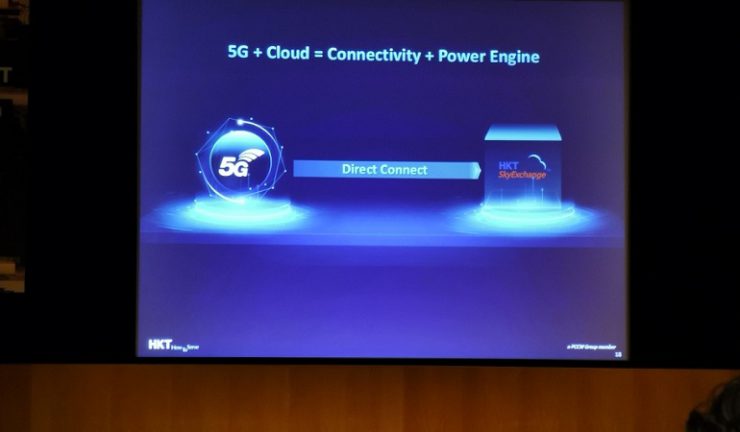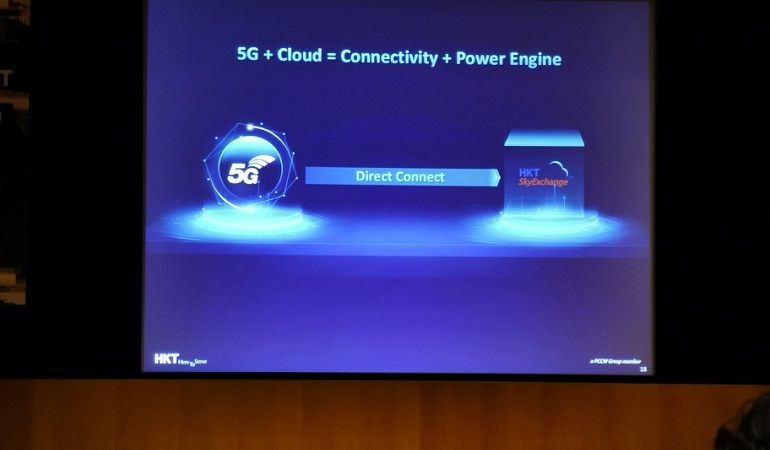Technology presents challenges.
The rollout of the 5G network and its associated technologies will bring a wave of innovation in application and services. This was the view put forward by industry experts at the ‘Intelligent Connectivity: 5G and Beyond’ symposium held at the Hong Kong Electronics Fair this month. One of the most popular events, it attracted over 1,000 attendees.
PwC global industry leader, Wilson Chow said while this fifth generation of high-speed mobile data will enhance the customer experience, it will also bring new challenges.
“The initial investment costs for operators building the network will be high, as will the willingness of the consumer to spend on 5G.” He said 4G has been satisfactory for many consumers. “Inducements or eagerness for them to pay higher premiums for 5G services will depend on operators and other business users to educate them on why they should spend on the network and the benefits it offers.”

Also speaking at the seminar was Nokia Networks technical officer, Michael Chang who said key to the success of 5G depended on cross-industry collaboration. “We don’t know everything and it will be important to have the insights on how business can be transformed.” Chang also raised the issue of security “the more you have personal data digitised the more privacy protection is needed.” While the 5G global momentum is rapidly advancing, several countries including the US, Europe and China were already preparing for 6G, he said.
And he gave an example of what a 6G network might look like: “We’ve digitised the physical world and we connect machine things together, but there’s one element we have not digitised and that is the biological world where our feelings and emotions can be uploaded to the cloud.”
He also described the development of “wetware systems,” a term used to describe where human brain cells or thought processes are analogous to computer systems giving credence to the idea that this could be the next wave of game-changing innovation. US technology entrepreneur Elon Musk has been quietly working on a brain-machine interface, Chang said. “The ultimate goal is to implant devices into people who are paralysed that will enable them to control phones or computers.”

